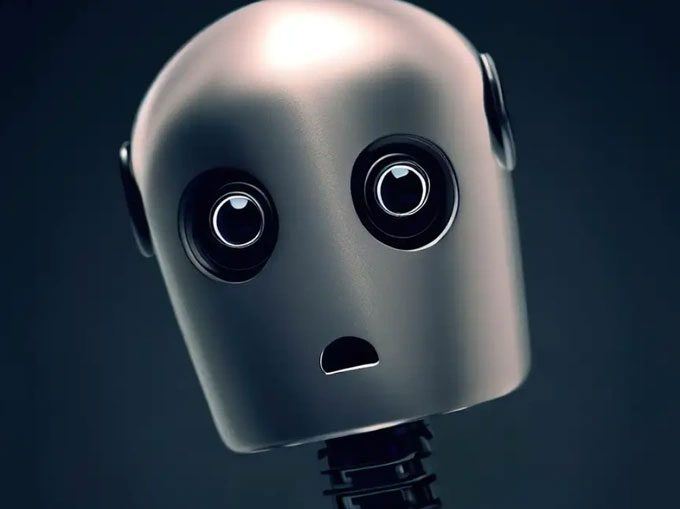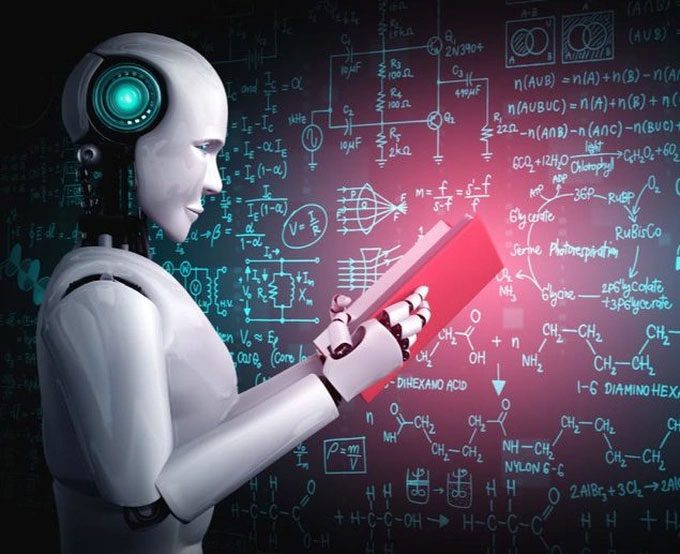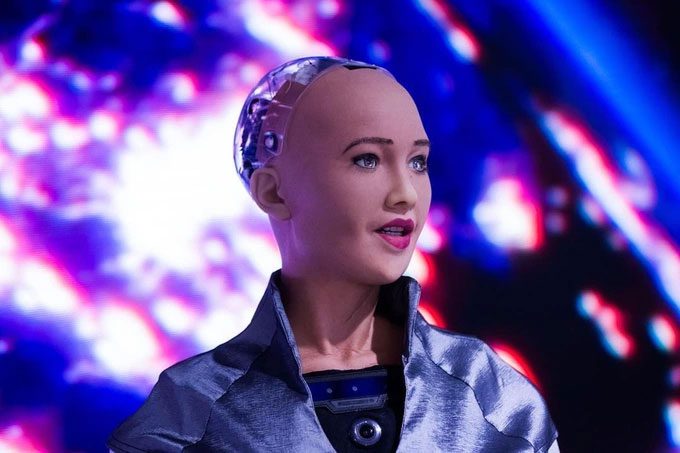Artificial Intelligence (AI) is prioritizing the acquisition of the best data and technologies for development. But should we grant it the privileges that belong to humans?
Artificial Intelligence (AI) is programmed by humans with the goal of enabling computers to automate intelligent behaviors akin to those of humans.

Debate on whether to grant “human conscience” to machines. (Illustrative image: Getty).
Today, AI can equip computers with superhuman intelligence, allowing them to think and reason to solve problems, communicate through understanding language and speech, learn, and adapt autonomously…
However, the widespread use of AI presents developers with two ethical dilemmas: How should robots behave in alignment with human values, and how can we prevent them from “degrading”?
Is “Machine Conscience” the Answer?
In her book “The Soul of the Machine,” author and academic Dr. Eve Poole asserts that ensuring AI is ethical lies in the nature of its creators – humans.
Dr. Poole argues that in the pursuit of perfection, we have eliminated what is considered the weakness of humans, including emotions, the will to achieve freedom, and a sense of purpose. In technical terms, this is referred to as “garbage code.”

The potential threat from AI in manipulating human behavior has yet to be thoroughly researched. (Illustrative image: Scitechdaily).
However, according to Dr. Poole, what has been eliminated is central to humanity.
She emphasizes that the “garbage code” is a decisive factor in human emotions, the tendency to err, the inclination to tell stories, the ability to deal with uncertainty, unwavering free will, and the capacity to perceive meaning in the surrounding world…
“This is crucial for human development, as behind all these unstable and changeable traits lies a relentless effort to keep our species safe and to move forward,” Dr. Poole states.
In fact, there have been certain concerns regarding bias and discrimination in AI’s thinking, especially as AI becomes more prevalent and takes on more important roles in our daily lives.
Dr. Poole suggests that the answer may lie in the very elements we have tried to eliminate from machines from the start. This could be termed “conscience,” or their own “soul.”
“If we can decode and improve upon that code, humans should share with machines, granting them a soul,” Dr. Poole remarks.
However, this viewpoint is met with significant dissent. Some argue that machines will always remain machines and should not be granted too many “privileges” of humanity.
The Conflict Between AI and Humanity

Aside from its superior intelligent features and being the first robot in history to become an official citizen of a country, Sophia has repeatedly astonished us with how “she” thinks (Image: AP).
In 2017, the Saudi Arabian government first granted full citizenship to Sophia, one of the most lifelike AI-controlled robots in the world.
This decision sparked a series of heated debates regarding the rights and responsibilities that come with citizenship, including the right to vote, pay taxes, marry, and have children.
With the current state of AI, is this an objective vote, or does it merely reflect the views of the creators of AI, even though they do not directly cast votes themselves?
In 2003, Swedish philosopher Nick Bostrom conducted a famous thought experiment regarding superintelligent AI going awry. This experiment is known as the paperclip maximizer.
The scenario of this experiment describes a machine powered by artificial intelligence that would attempt to convert all matter in the universe, including humans, into paperclips if given sufficient power. This is because the robot would only follow the initial command: to optimize paperclip production.
Clearly, researchers must make the right decisions and implement the best adjustments to AI to achieve suitable outcomes without negatively impacting human lives.





















































